0704-USCR_Survey Measures_3.31.2023
Optimizing Brain Health by Mitigating Posttraumatic Stress Disorder
0704-USCR_Survey Measures_3.31.2023
OMB: 0704-0654
Optimizing Brain Health by Reducing PTSD
We know that you are busy and also want to help improve the SOF enterprise.
How much time do you have to commit to the survey
Less than 10 minutes
More than 10 minutes
Demographics and Military Service Characteristics Form
How would you describe your current role in the SOF community?
Operator
Enabler
Leadership
Healthcare provider
Policy maker
Administration / Support
Have you ever been an operator or enabler? (branching logic will be used in that only the operators and enablers will receive the self-report measures). YES NO
(If yes to item 3, then get item 4. If no to item 3, then skip logic will be used). For which component did you complete selection?
Air Force Special Operations Command (AFSOC)
Army Special Operations Command (USASOC)
Marine Special Operations Command (MARSOC)
Naval Special Warfare Command (NSW)
Which of the following best describes your status in SOF:
Active Duty Military Member
Reservist or National Guard
GS employee
Contractor
What is your age?
Under 20
20-29
30-39
40-49
50-59
or above
What is your gender? Female Male Transgender, non-binary, or another gender
8. What is the highest level of education you have completed?
12 years or less of school (no diploma)
High School or GED
Some college education
Bachelor's degree (BA, BS, AB, etc.)
Master's degree (MA, MS, MSW, etc.)
Professional school degree (MD, DO, PT, OT, DDC, JD, etc.)
Doctoral degree (PhD, EdD, etc.)
9. Marital status (choose all that apply)
Married
In
relationship but not married
Divorced
Widowed
Not
in a relationship, never married
What is your Race? (choose all that apply)
Alaskan Native
American Indian
Asian
Black / African American
Native Hawaiian or Other Pacific Islander
White / Caucasian
Other
What is your Ethnicity?
Hispanic or Latino
Not Hispanic or Latino
11. What component do you belong?
HQ USSOCOM
Air Force Special Operations Command (AFSOC)
Marine Special Operations Command (MARSOC)
Army Special Operations Command (USASOC)
Naval Special Warfare Command (NSW)
Joint Special Operations Command (JSOC)
Theater Special Operations Command (SOCEUR, SOCPAC, SOCKOR, SOCAFRICA, SOCCENT, SOCSOUTH, SOCNORTH)
12. What is your military occupational specialty code (i.e., MOS / AFSC / Designator)? ______
- NA, I’m a GS employee or contractor
13. What is/was your rank? ______ or NA, I’ve never served in the military.
14. How many years of active military service do you have? ______ or NA, I’ve never served in the military.
15. How many years have you been assigned to SOF? ______
16. What location are you assigned to? ______
17. How many combat deployments have you completed? ______
Perceived Stigma and Barriers to Care (PSBC)
Please rate each of the possible concerns that might affect your decision to receive mental health counseling or services if you ever had a problem (e.g. PTSD).
1 (Strongly Disagree), 2 (Disagree), 3 (Neither agree or Disagree) 4 (Agree), 5 (Strongly Agree)
|
|
|
|
|
|
|
|
|
|
|
|
Barriers and Facilitators of Mental Health Treatment for SOF
Please rate each of the possible concerns that might affect your decision to receive mental health counseling or services if you ever had a problem (e.g. PTSD). 1 (Strongly Disagree), 2 (Disagree), 3 (Neither agree or Disagree) 4 (Agree), 5 (Strongly Agree) |
Barriers |
|
|
|
|
|
|
|
|
|
|
|
|
|
|
|
|
|
|
Facilitators |
|
|
|
|
|
|
|
|
|
|
|
|
|
|
|
|
|
|
|
|
Mental Health Service Use.
Do you think you could benefit from mental health treatment, including therapy, counseling, or medications, right now?
(Skip logic will be used.) If the participants answers “no” to item 1, then they will be skipped to item 3. If the participant answers “yes” to item 1, the following questions will be asked:
How many years have you been dealing with mental health symptoms?
(answer choices: <1 year, 1-3 years, 4-7 year, 8+ years).
Have you used any mental health services during your time in the service? For example, working with a psychologist, social worker, military family life consultant, etc.
(Skip logic will be used). If the participants answers “no” to item 3, the measure will be considered complete. If the participant answers “yes” to item 3 the following questions will be asked the next 2 questions.
What mental health services did you use you in the past year? (check all that apply)
(answer choices: Psychologist, psychiatrist, social worker, military family life consultant, counselor, Chaplain)
Which mental health services have you used at any time in your military career? (check all that apply)
(answer choices: Psychologist, psychiatrist, social worker, military family life consultant, counselor, Chaplain)
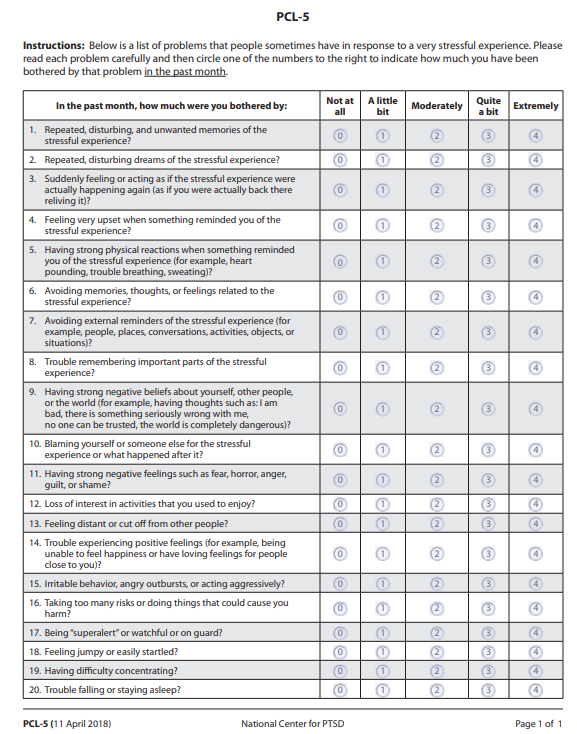
D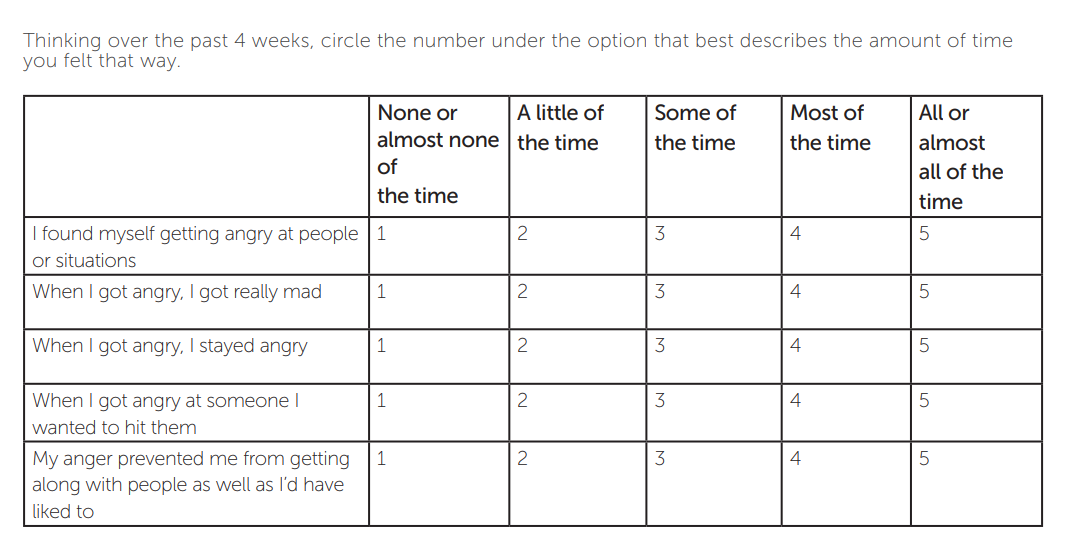 AR-5
AR-5
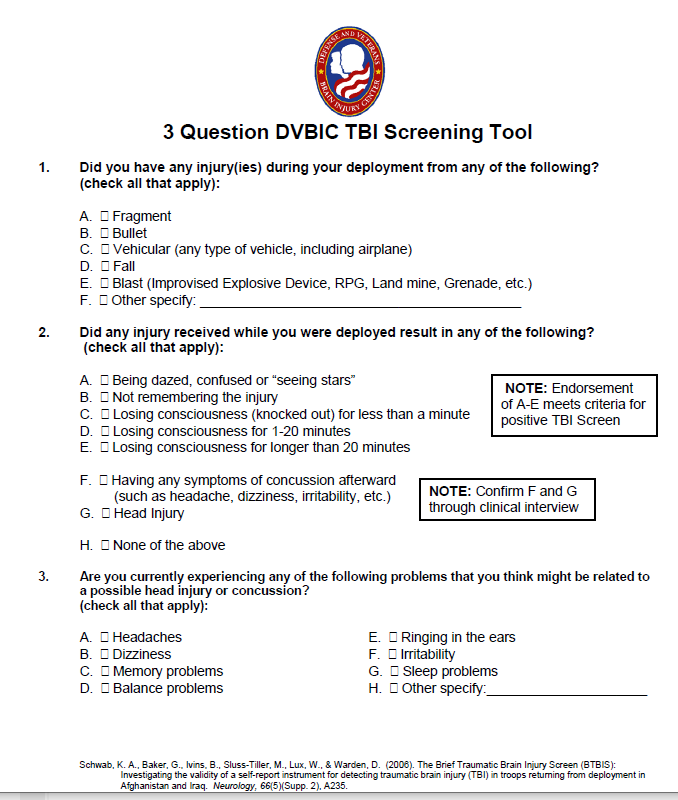
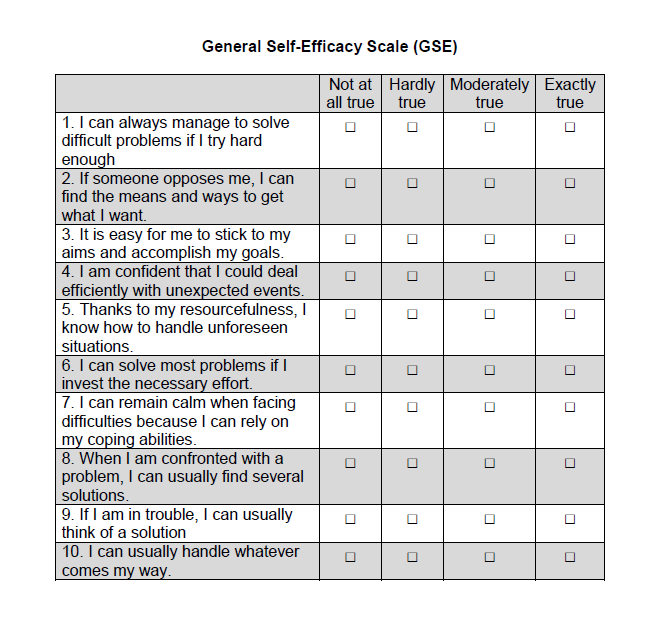
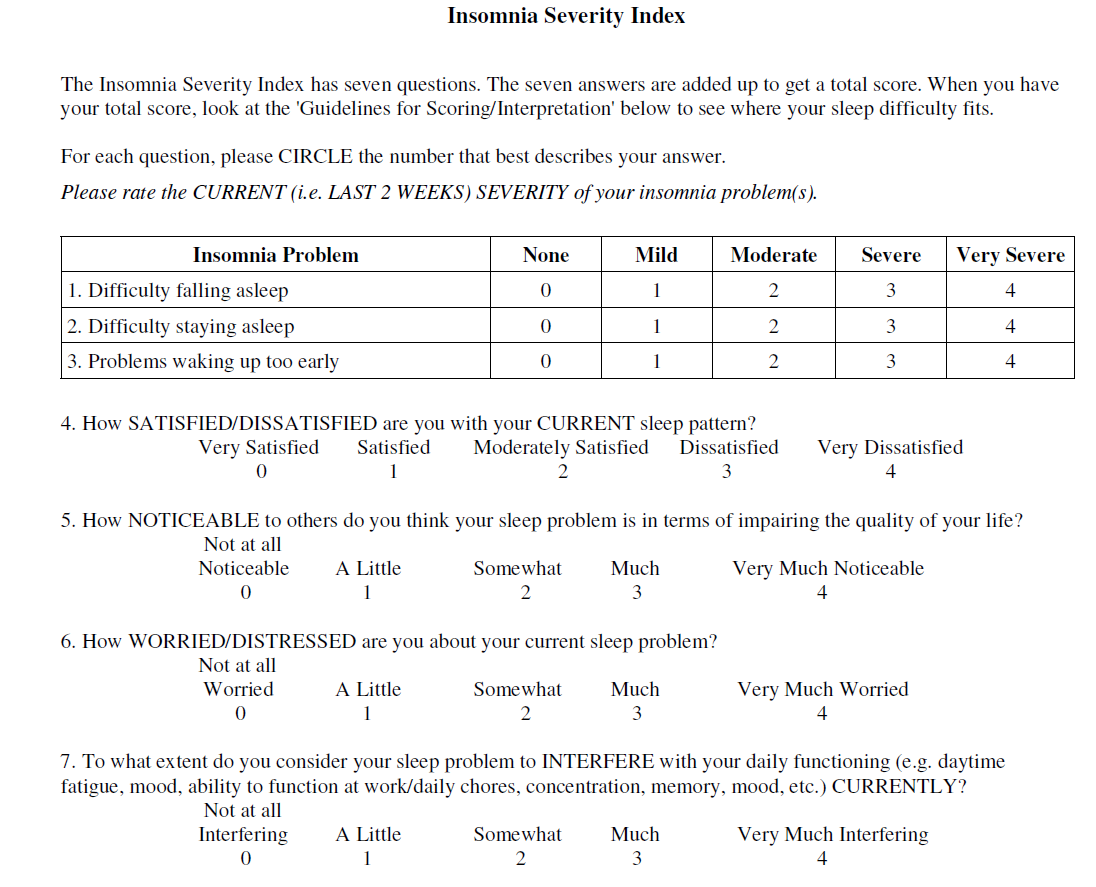
A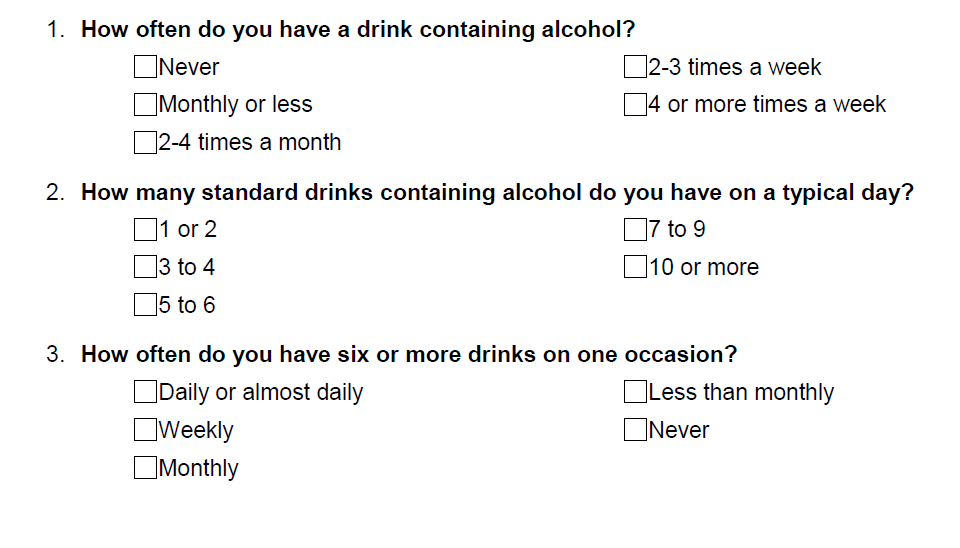 UDIT-C
(skip logic will be used if item1 = “never”, then skip
items 2-3).
UDIT-C
(skip logic will be used if item1 = “never”, then skip
items 2-3).
Thank you for your time and expertise. We are going to be conducting interviews with SOF operators and enablers to generate solutions to overcome the barriers to getting mental health treatment.
Can the study team contact you for an interview? YES NO
If you would like to provide your opinions and expertise on how to best improve PTSD treatment for the SOF community, please leave your name and telephone number below. _____________________________________________________________
If you have any additional comments about this survey, you can also leave those below.
_____________________________________________________________
| File Type | application/vnd.openxmlformats-officedocument.wordprocessingml.document |
| Author | Miles, Shannon R. |
| File Modified | 0000-00-00 |
| File Created | 2023-07-31 |
© 2026 OMB.report | Privacy Policy